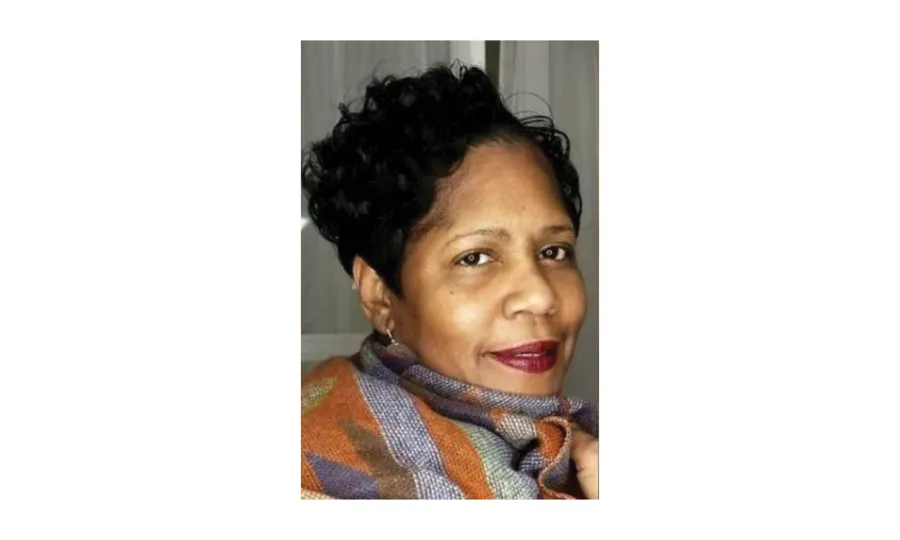Lifting Each Other Up

Karen E. Johnson has been a case manager at the Columbia River Community Services Office (CSO) in Vancouver, Washington for fifteen years. When she relocated to Washington to begin working in the CSO, it was with a shining record of public service.
Johnson didn’t know her work would lead her to confront oppression within public service agencies. As a Developmental Respect, Equity, Diversity and Inclusion (REDI) Facilitator-Ambassador, she travels Washington to share stories, advice, and hope to fellow public employees.
“For someone with a work history and record as exemplary as mine, upbeat and happy, to be beaten down because of racism, discrimination, and oppression—if it weren’t for the union, I would have lost my job due to untruths,” Johnson said.
During her early years at the CSO, Johnson began to notice a pattern of oppression and discrimination at her office. The only person of color employed there for years, she was investigated for alleged incidents of pushing and yelling at clients and coworkers—allegations that proved completely false. Her suggestions and ideas were ignored, and she felt her coworkers didn’t value or include her the way they did others.
Finally, during a long investigation, Johnson’s WFSE union representative demanded to see her file. They uncovered proof that her supervisor and another staff member had coached the client whose complaint began the investigation—a stark violation of ethics. With the support of her union, the allegations against Johnson were concluded to be completely unfounded.
She went on to become the Respect, Equity, Diversity, and Inclusion Facilitator-Ambassador and Chairperson of the Region 3 office. Johnson now travels throughout the state to share the impacts of racism on public service providers and the clients they serve. When a new supervisor who did value diversity and equity joined the team at Johnson’s office, they began to work together to make change.
Johnson sees strong links between being able to provide impactful support to the clients who need it, and how the employees carrying out that support treat each other.
“When I think about how broken I was, I think about the families that come to me that are so broken down. We have to lift each other up. We can’t help these customers if we’re broken down. We have to love and treat each other with respect,” she said.
Johnson brings humility and solidarity to her work because she too has struggled and overcome difficulty.
“I think that’s why I’m successful,” she said. “They open up and are comfortable enough to talk to me. I want them to know, ‘You are heard, you are valued, you are included.’”
Johnson has a client-directed approach to providing services. Rather than relying on tired stereotypes and judgments of people who need public assistance, Johnson meets each family where they are, asking, “How can I help?”
“They are the pilot,” she said. “I let them direct their process. I’m there to lift them up if they fall. I’m there for them to cry on my shoulder if they need that—and a lot of them do. I don’t judge. I believe in diversity, respect, and inclusion. With that belief as the foundation, the customer feels valued, heard and respected.”
Johnson sees anti-racism work functioning on many levels, from government agencies to personal relationships. She emphasized the need for people with more privilege to step up.
“Use your voice,” she said. “Many are tired of listening to people of color, as we have been speaking forever about inequalities, racism, and oppression. When you see someone being treated unfairly, call it out.”
The positive impacts of standing up against racism and other forms of discrimination can spread and change lives.
“Model the way,” Johnson said, “because you never know who is watching and learning from you. We [public service workers] have to treat each other with love and respect, or we can’t be that way with the customer.”
